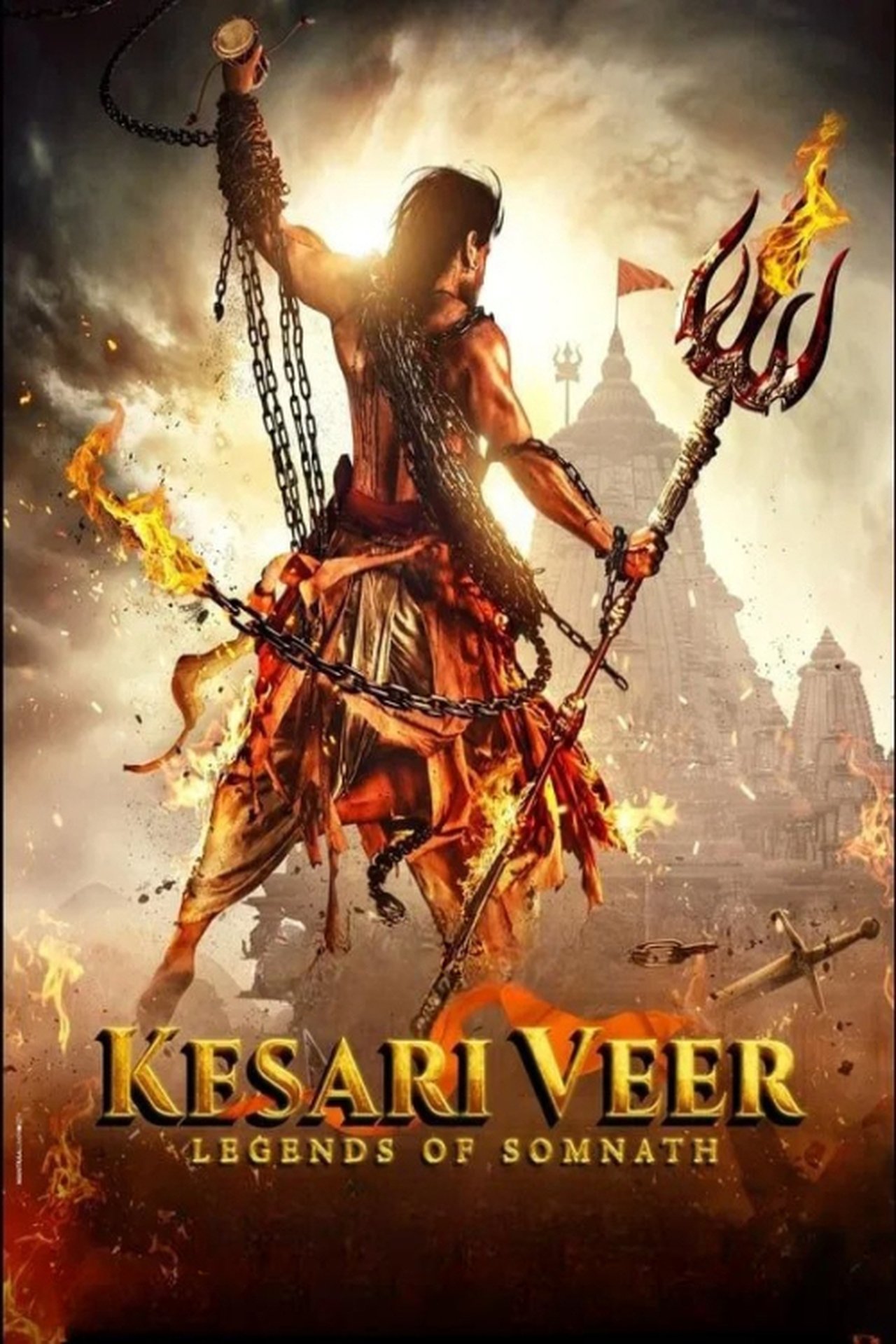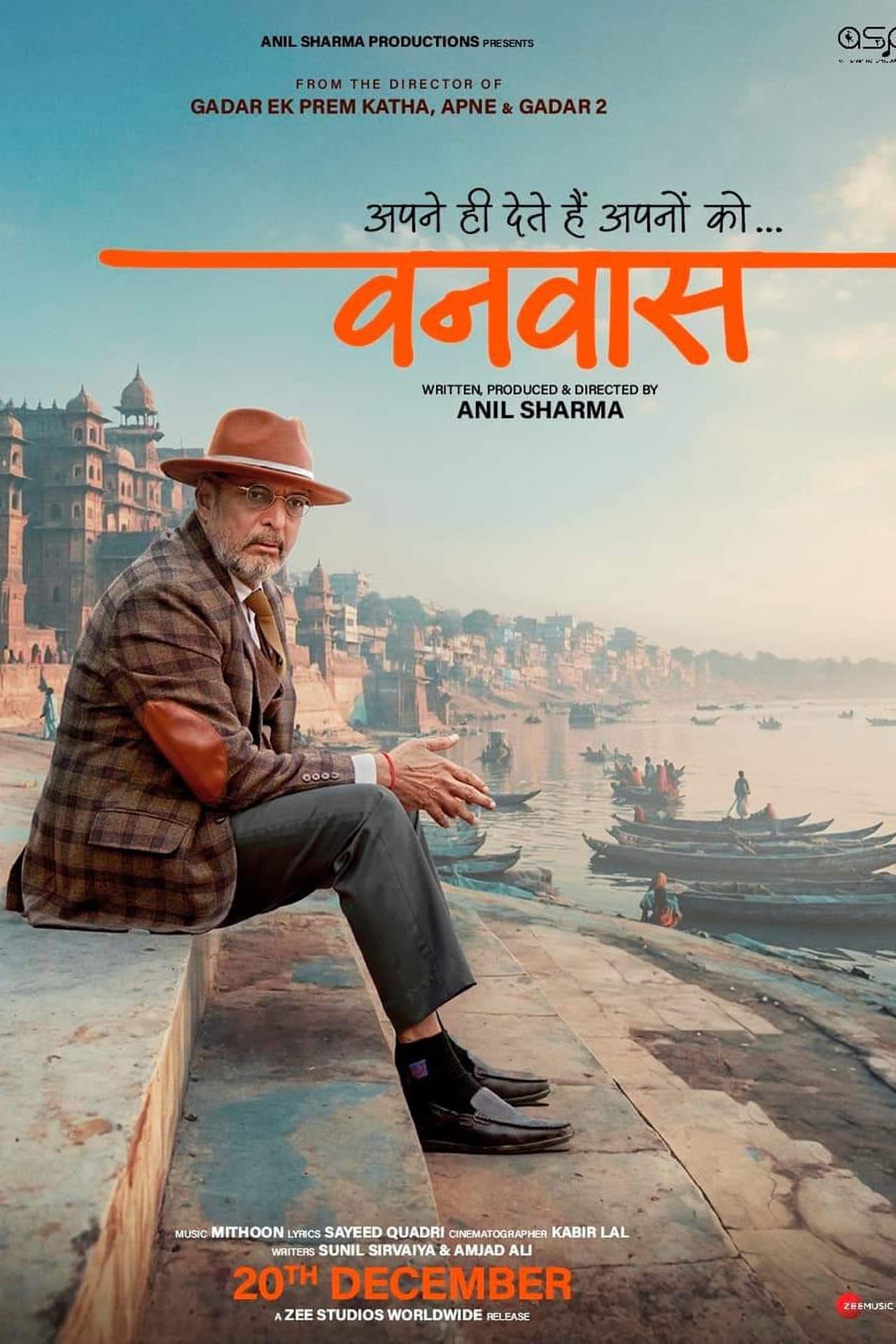Kingdom of the Planet of the Apes arrives as a bold new chapter set generations after Caesar, inviting both longtime fans and newcomers into a world where apes rule and humans survive in the margins. Without relying on heavy exposition or spoilers, the film opens with a sense of discovery: vast landscapes, layered tribal customs, and a simmering unease that something larger is shifting under the surface. Director Wes Ball leans into scale and texture—weathered villages, misty forests, rusted relics of human civilization—to craft a story that feels lived-in and immediate. The result is an accessible, emotional adventure that respects the past while confidently pushing the saga forward.
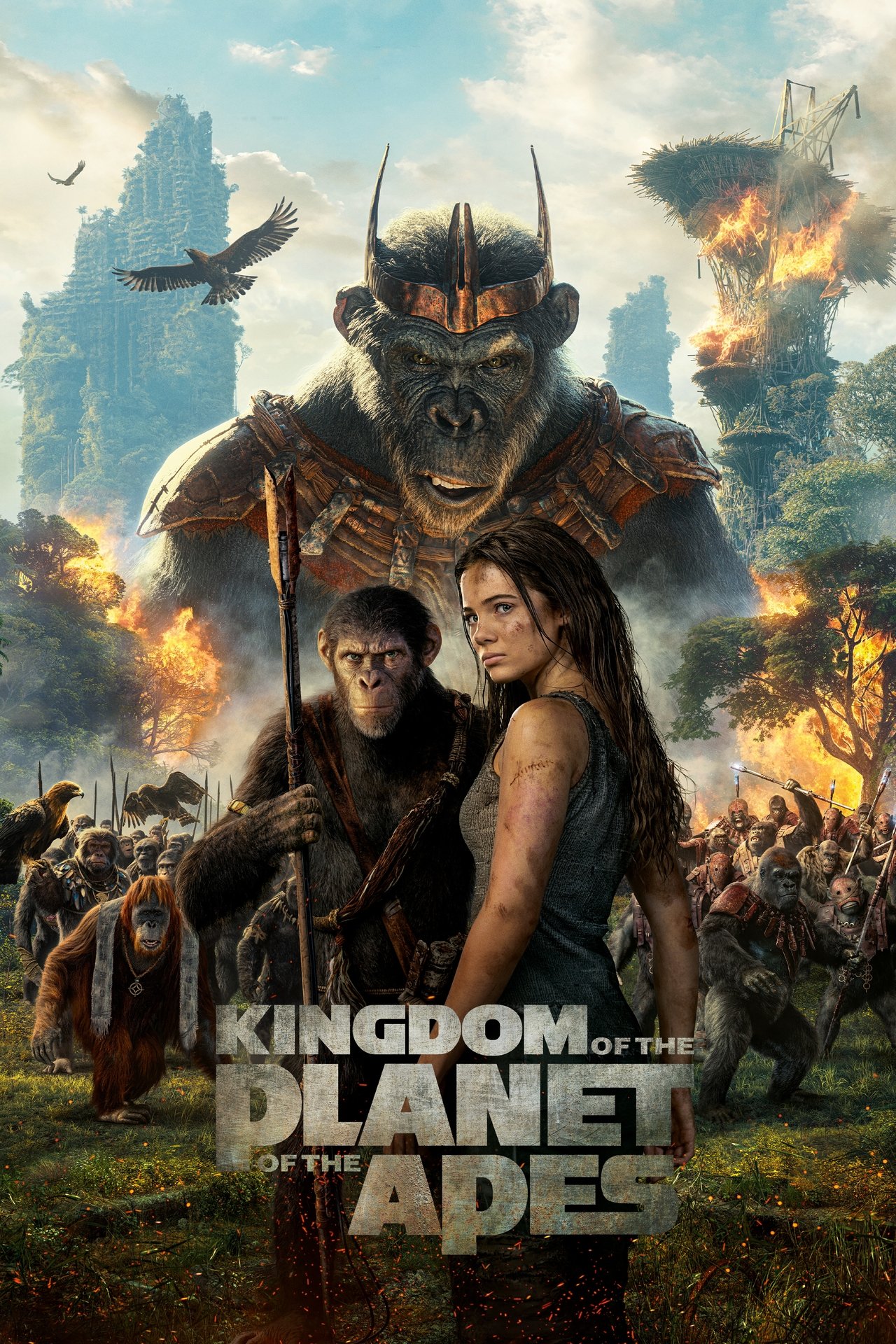
| Film Title | Kingdom of the Planet of the Apes |
| Genre | Science Fiction, Adventure, Action, Drama, Thriller |
| Directed by | Wes Ball |
| Written by | — |
| Release Date | 10/05/2024 |
| Starring | Owen Teague, Freya Allan, Kevin Durand, Peter Macon, William H. Macy, Eka Darville, Travis Jeffery, Lydia Peckham, Neil Sandilands |
| Language | English |
In tone and theme, the film is a thoughtful blend of mythmaking and survival drama. It explores how stories are passed down, reshaped, and sometimes weaponized as power shifts from one leader to another. The apes’ evolving society—complete with rituals, hierarchies, and contested histories—creates a rich canvas for questions about community, memory, and responsibility. While the action is robust, the story’s heart lies in a younger generation’s attempt to make sense of a legacy they didn’t choose yet can’t escape.
Visually, Kingdom of the Planet of the Apes is a showcase for meticulous world-building and expressive performance capture. Every choice—camera movement through towering forests, the tactile quality of rope bridges and weathered masks, the way faces communicate resolve or doubt—serves character and mood. For audiences who favor smart genre storytelling, this entry offers a balanced package: set-piece thrills, grounded emotion, and enough philosophical edge to spark post-movie conversation without ever feeling heavy-handed.
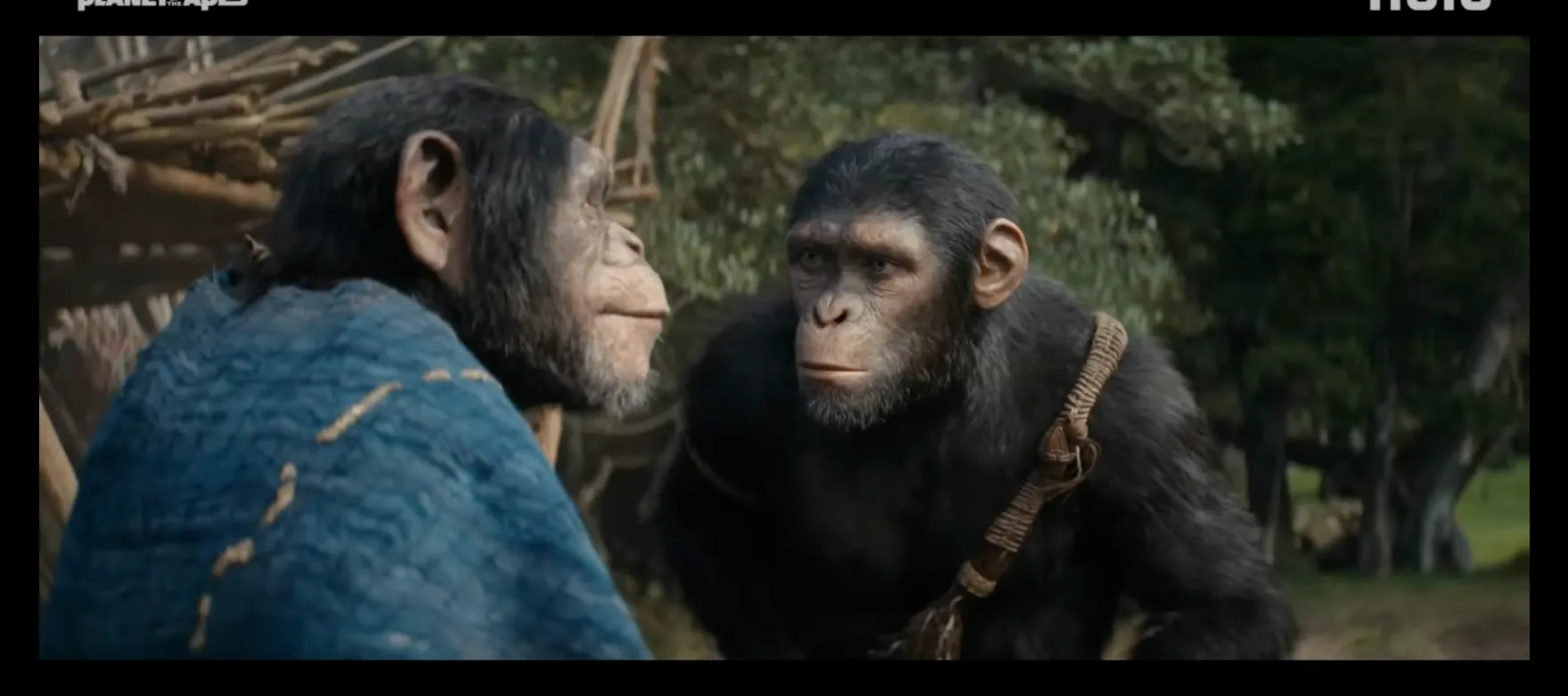
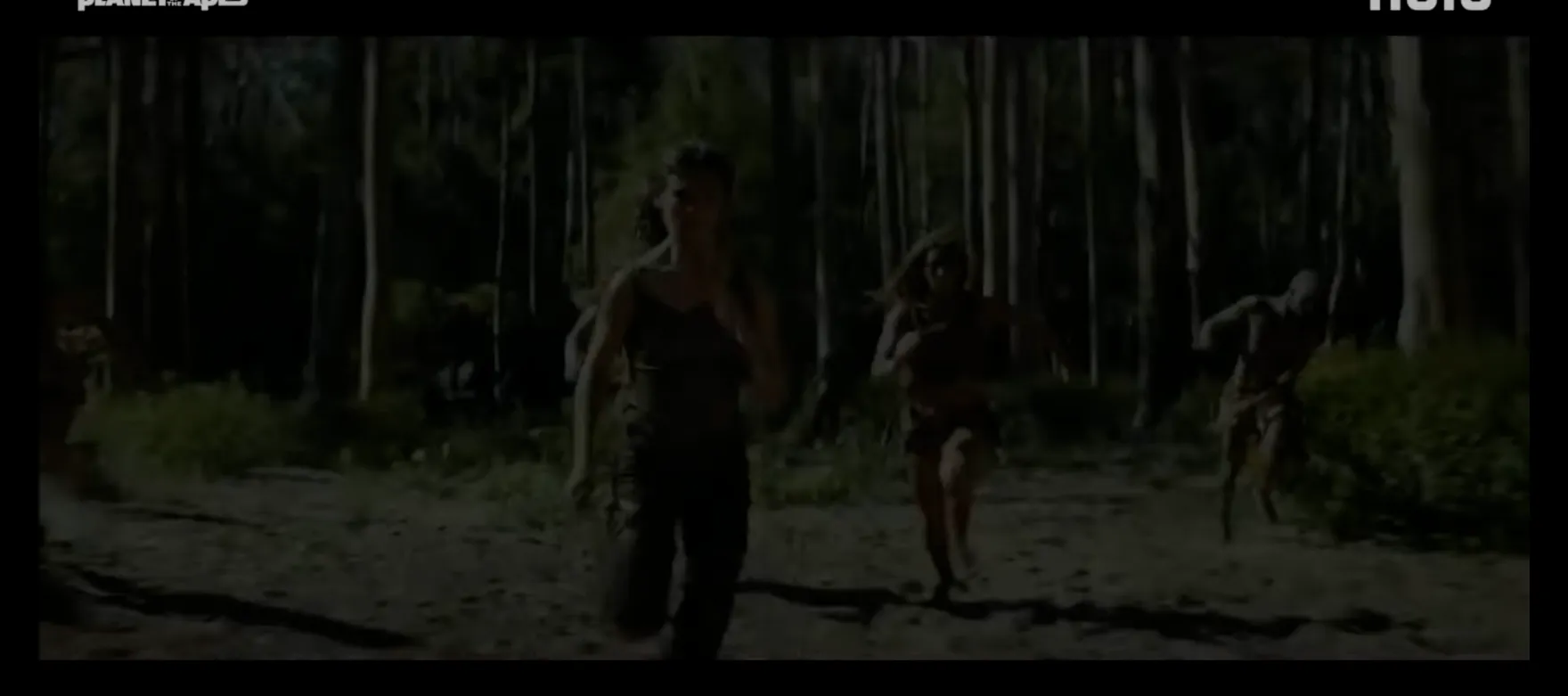
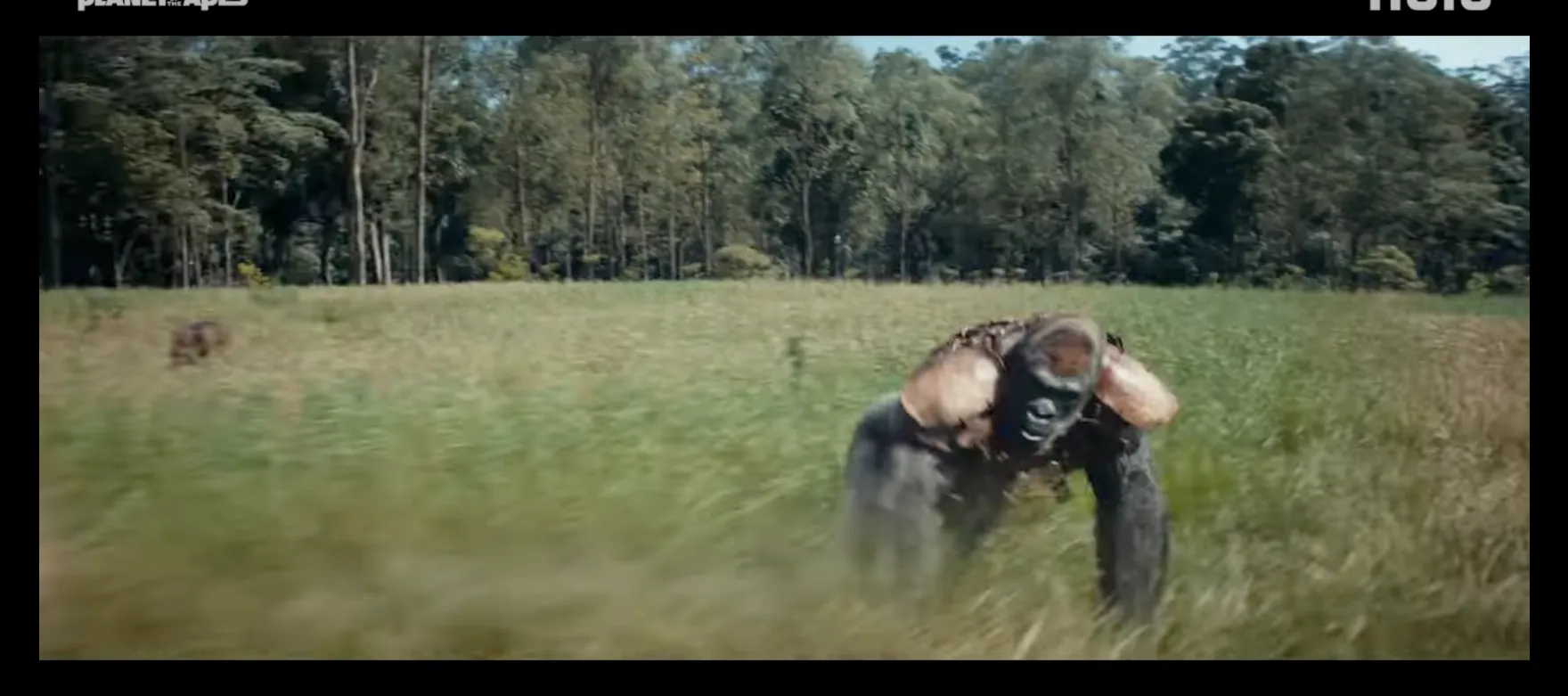
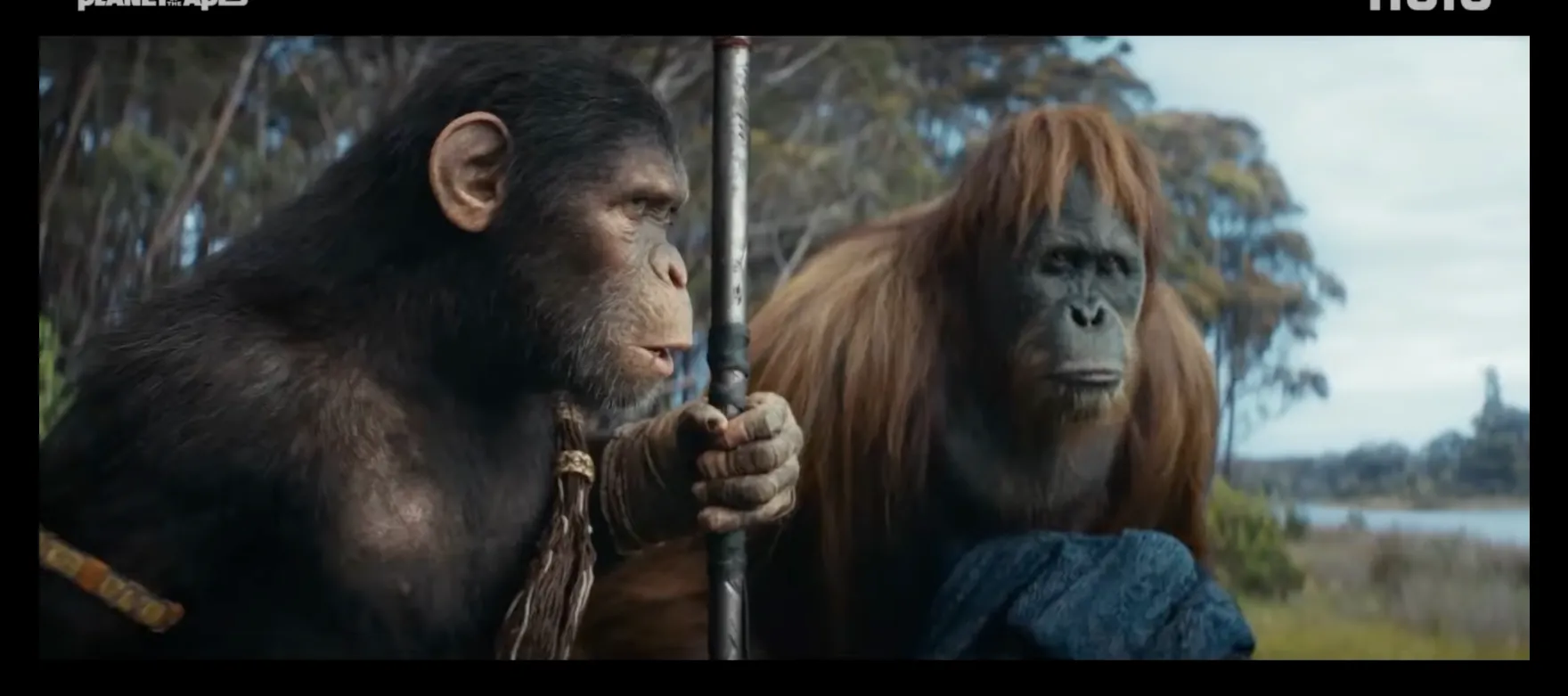
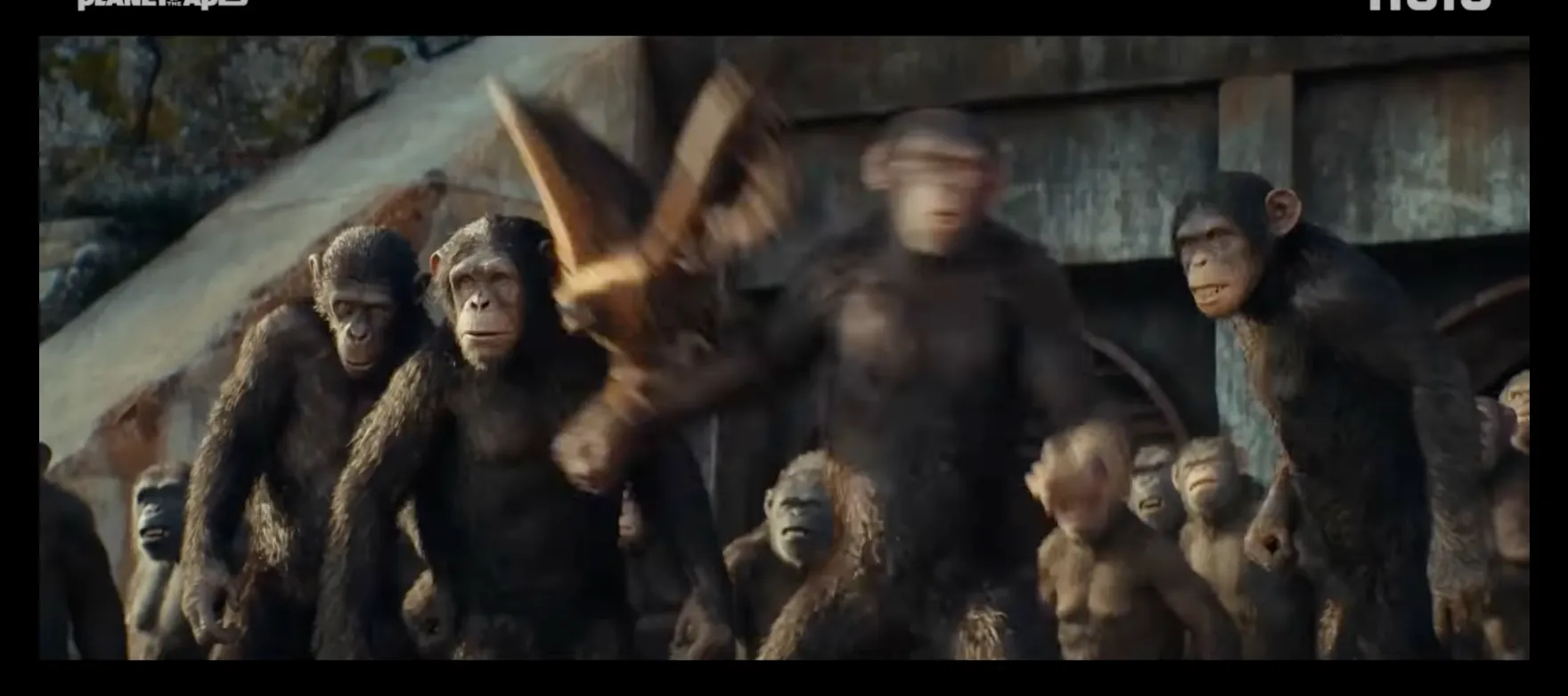
Story and Cast Details
The story follows a young ape who begins to question the tidy versions of history he has been taught. As a charismatic yet ruthless leader rises, communities fracture between those who crave security and those who fight for truth. The narrative avoids easy binaries: humans are not simple villains or victims; apes are not monolithic paragons of honor. Instead, the film studies how fear and ambition can bend even noble intentions, and how courage often means listening before leading. The pacing gives room for quiet observation—glances exchanged across a fire, a hesitant step onto forbidden ground—so that when the action does erupt, it feels earned and character-driven.
Performances anchor the film’s credibility. Owen Teague brings a searching, restless energy to the protagonist, selling both physical prowess and moral uncertainty. Freya Allan adds a measured human counterpoint, letting silence and wary body language speak for experiences words can’t easily describe. Kevin Durand’s presence as a domineering force radiates confidence that teeters into zeal, making every conversation feel like a test of loyalty. Peter Macon, William H. Macy, and the wider ensemble round out a world where motives collide and alliances feel fragile. The motion-capture work is especially impressive, turning micro-expressions into storytelling tools and bridging the gap between spectacle and intimacy.
Beyond its muscular action, the film succeeds because it trusts viewers to feel the stakes: identity, inheritance, and the peril of letting fear write the future. It’s the kind of blockbuster that stays with you not just for what explodes, but for what echoes.
Conclusion
Kingdom of the Planet of the Apes is a confident, absorbing continuation that respects the saga’s emotional core while charting new territory. With sharp visual storytelling, resonant performances, and a thoughtful exploration of power and memory, it stands as a worthy, standalone adventure and a promising foundation for what comes next. If you’re seeking big-screen spectacle with brains and heart—balanced action, layered world-building, and a story you can feel—this chapter is easy to recommend.

